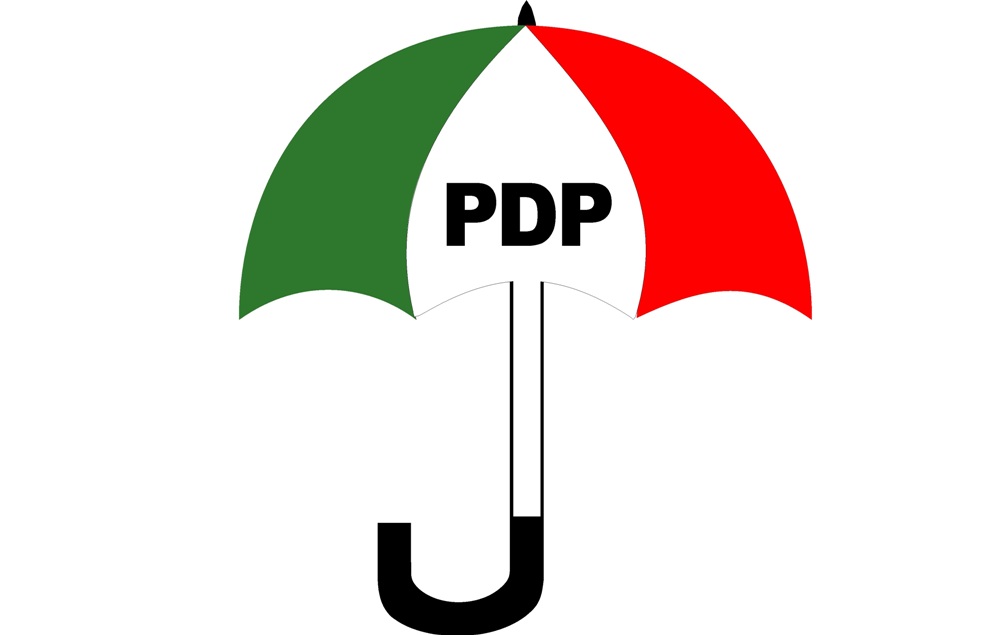The Speaker of the House of Representatives, Rep. Femi Gbajabiamila, has urged election observer missions and monitors in Nigeria to get balanced views by speaking to a broad range of stakeholders before making their conclusions on the outcome of the forthcoming general elections.
He noted that being a multi-ethnic, multi-cultural, and multi-religious country, different people would naturally have different biases and push opinions that, though they represented their interests, might not necessarily be correct.
Gbajabiamila, who spoke when a delegation of the European Union Election Observation Mission to Nigeria visited him at the National Assembly in Abuja on Friday, stated that reports on election outcomes could only reflect what truly transpired when observer missions engaged with multiple stakeholders.
The delegation was led by Mr Barry Andrews.
For instance, the Speaker said there were 18 political parties contesting various elective positions, beginning on February 25.
He added that among the contestants, there were those who, by his assessment, were frontline contenders, others with their areas of strength and so on.
Gbajabiamila advised the mission to speak to not only every political party but also to as many stakeholders as possible, adding that this would help shape the reliability of any report on election outcomes this year.
The Speaker assured the delegation that Nigeria was fully prepared for the elections and had made every possible arrangement for the process to be successful.
“We are prepared for it, and those saddled with the responsibility, from Mr. President, the National Assembly, INEC, the political parties, to all the other stakeholders along the chain, we are all ready to make the votes count.”
“The electoral law is in place. We have done all we needed to do, and now we have to wait and see how things pan out.
“Election is a process that leads to the final day. It’s very complex, but at the same time it can be very simple, depending on the attitude of the actors”, Gbajabiamila added.
He also told the delegation that the use of technology this time around was an added advantage, which INEC would deploy to fast-track the process.
“We are hoping there will be no problems in the area of deployment of technology and also security issues, we hope not to worry about it much”, he said.
The Speaker informed the group that an area of concern remained the collection of Permanent Voter Cards (PVC), which he said was still not very high, compared to the number of registered voters.
However, he told the visitors that sensitisation was ongoing and “it is our firm belief that the number of PVC collections will be ramped up way before the elections proper.”
On the part of the National Assembly, Gbajabiamila said the Legislature did much to improve the electoral law to expand the opportunities for participation by many Nigerians.
He stated that the Legislature, particularly the House, had hoped that ‘Direct Primaries’ would be captured in the law as the main method of picking political party candidates in order to transfer the power of decision-making to the majority of party members, but the move suffered a setback.
“Nonetheless, there is no law that is perfect. We have come a long way with the current law and it is work in progress for our electoral system”, the Speaker further said.
Earlier, Andrews, told Gbajabiamila that the EU Mission was happy to be invited to observe the polls, just as it had done on seven previous occasions.
Andrews assured Gbajabiamila that the body had its work cut out and had a reliable data-collection methodology to give a report on the outcome of the polls.
He informed the Speaker that the body would formally unveil its work plan at a news conference on Monday in Abuja, while it would release a preliminary report on the elections two days after the conclusion of voting.
Signed:
Lanre Lasisi, Special Adviser on Media and Publicity to the Speaker, House of Representatives, Federal Republic of Nigeria.




